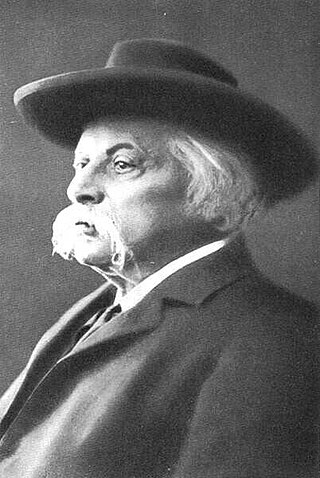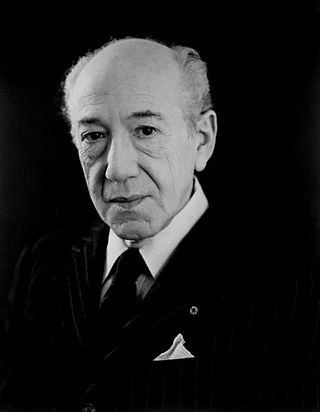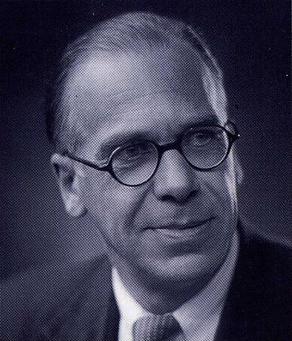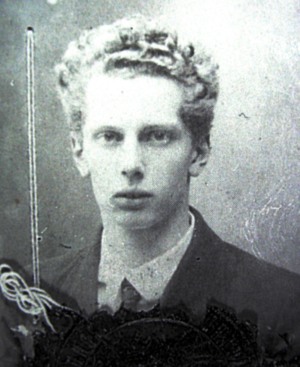Related Research Articles

Karl Goldmark was a Hungarian-born Viennese composer.

Joseph Joachim Raff was a German-Swiss composer, pedagogue and pianist.

David Leo Diamond was an American composer of classical music. He is considered one of the preeminent American composers of his generation. Many of his works are tonal or modestly modal. His early compositions are typically triadic, often with widely spaced harmonies, giving them a distinctly American tone, but some of his works are consciously French in style. His later style became more chromatic.

William Alwyn, was an English composer, conductor, and music teacher.

Boris Blacher was a German composer and librettist.

Hilding Constantin Rosenberg was a Swedish composer and conductor. He is commonly regarded as the first Swedish modernist composer, and one of the most influential figures in 20th-century classical music in Sweden.
Paul Juon was a Russian-born Swiss composer.
Arnold Atkinson Cooke was a British composer, a pupil of Paul Hindemith. He wrote a considerable amount of chamber music, including five string quartets and many instrumental sonatas, much of which is only now becoming accessible through modern recordings. Cooke also composed two operas, six symphonies and several concertos.
Marcel Mihalovici was a French composer born in Romania. He was discovered by George Enescu in Bucharest. He moved to Paris in 1919 to study under Vincent d'Indy. His works include his Sonata number 1 for violin and piano (1920), Mélusine opera, his 1st string quartet (1923), 2nd string quartet (1931), Sonata number 2 for violin and piano (1941), Sonata for violin and cello (1944), Phèdre Opera (1949), Étude in two parts for piano and instrumental ensemble (1951) and Esercizio per archi (1960). Many of his piano works were first performed by his wife, the concert pianist Monique Haas.

Hendrik Franciscus Andriessen was a Dutch composer and organist. He is remembered most of all for his improvisation at the organ and for the renewal of Catholic liturgical music in the Netherlands. Andriessen composed in a musical idiom that revealed strong French influences. He was the brother of pianist and composer Willem Andriessen and the father of the composers Jurriaan Andriessen and Louis Andriessen and of the flautist Heleen Andriessen.
Hermann Schroeder was a German composer and a Catholic church musician.

Hans Gál OBE was an Austrian composer, pedagogue, musicologist, and author, who emigrated to the United Kingdom in 1938.
Nikolai Petrovich Rakov, was a Soviet violinist, composer, conductor, and academic at the Moscow Conservatory where he had studied. He composed mostly instrumental works, for orchestra, chamber music and piano music, especially pedagogic works. In 1946, he received the Stalin Prize for his first violin concerto, which became known internationally.
William Brocklesby Wordsworth was an English composer. His works, which number over 100, were tonal and romantic in style in the widest sense and include eight symphonies and six string quartets.

Emil Hlobil was a Czech composer and music professor based in Prague.
References
- 1 2 Chris Walton. Richard Flury: The Life and Music of a Swiss Romantic (Toccata Press, 2017)
- ↑ 20th Century Foxtrots – Vol 5 (Switzerland), Gottlieb Wallisch, Grand Piano GP922 (2023)
- ↑ Richard Flury: Catalogue of Works
- ↑ Baker's Biographical Dictionary of Musicians, 7th. ed. (1984)
- ↑ Richard Flury, Toccata Classics
- ↑ Richard Flury Foundation